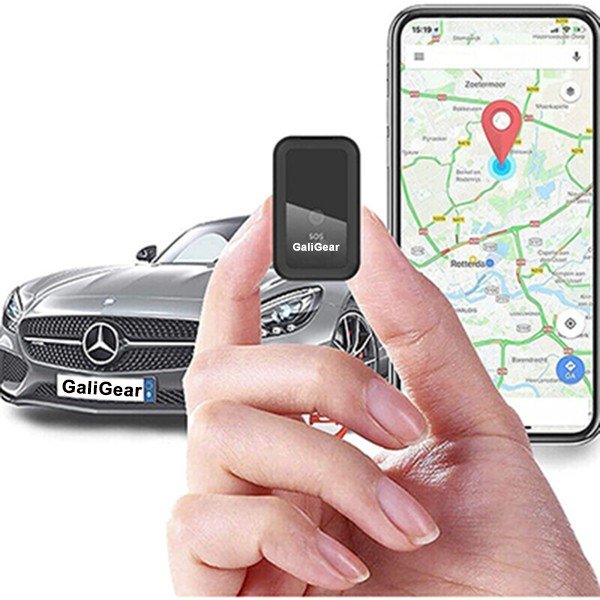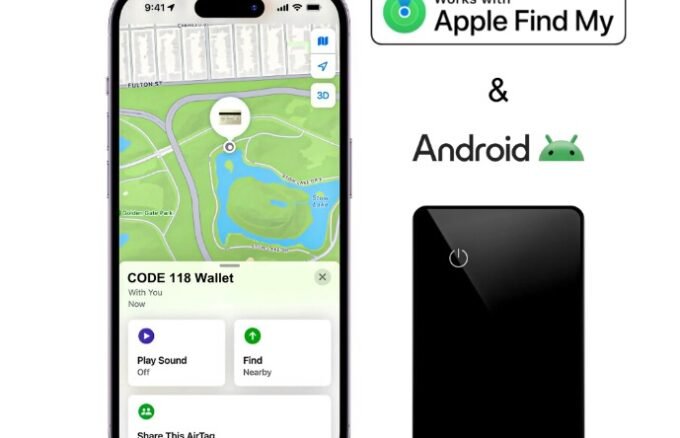Explain Car Tracker.How is it supposed to function?
A car tracker is a device or system designed to monitor the location and movements of a vehicle in real-time. These trackers can be used for various purposes, such as vehicle security, fleet management, monitoring driving behavior, and recovering stolen vehicles. Here’s how a typical car tracker functions:
1. GPS Technology:
- Global Positioning System (GPS): Car trackers use GPS technology to determine the precise location of a vehicle. The GPS receiver in the tracker captures signals from multiple satellites to triangulate the car’s position.
2. Data Transmission:
- GSM/Cellular Network: Once the GPS data is obtained, the car tracker transmits this information to a central server or the user’s device using a cellular network. Some trackers may use satellite communication, especially in areas with poor cellular coverage.
- Real-time Tracking: The data is usually transmitted in real-time, allowing the vehicle’s location to be tracked live via a smartphone app, computer, or other devices.
3. Mapping and User Interface:
- Mapping Software: The location data is displayed on a map through a user-friendly interface. Users can view the vehicle’s current location, route history, speed, and other details.
- Alerts and Notifications: Many car trackers allow users to set up alerts for specific events, such as when the vehicle enters or leaves a predefined area (geofencing), exceeds a certain speed, or if the device is tampered with.
4. Additional Features:
- Geofencing: Users can create virtual boundaries on the map. If the vehicle crosses these boundaries, the system sends an alert.
- Speed Monitoring: Trackers can monitor the speed of the vehicle and send alerts if it exceeds a set limit.
- Tamper Alerts: Some trackers can detect if someone tries to remove or tamper with the device and will send an alert to the owner.
- Battery Backup: Many trackers have built-in batteries, allowing them to continue transmitting data even if the vehicle’s power supply is cut.
5. Power Source:
- Wired Trackers: These are connected directly to the car’s electrical system, ensuring a continuous power supply.
- Battery-Powered Trackers: These devices run on their own batteries and can be placed discreetly in the vehicle. They are portable and easy to install but may require regular recharging.
6. Usage Scenarios:
- Vehicle Security: Helps in tracking and recovering stolen vehicles.
- Fleet Management: Companies use car trackers to monitor their fleet of vehicles, optimizing routes, reducing fuel costs, and ensuring driver compliance with company policies.
- Parental Monitoring: Parents can monitor the driving habits of their teenage children, including speed, location, and driving times.
- Rental Companies: Car rental companies use trackers to monitor the location and usage of their vehicles.
7. Privacy and Legal Considerations:
- Consent: In many jurisdictions, it is important to have the vehicle owner’s consent before installing a tracker.
- Data Security: Since trackers transmit data over networks, ensuring the security and privacy of the data is crucial to prevent unauthorized access.
In summary, car trackers provide valuable real-time information about a vehicle’s location and movement, enhancing security, management, and convenience for both personal and commercial use.





